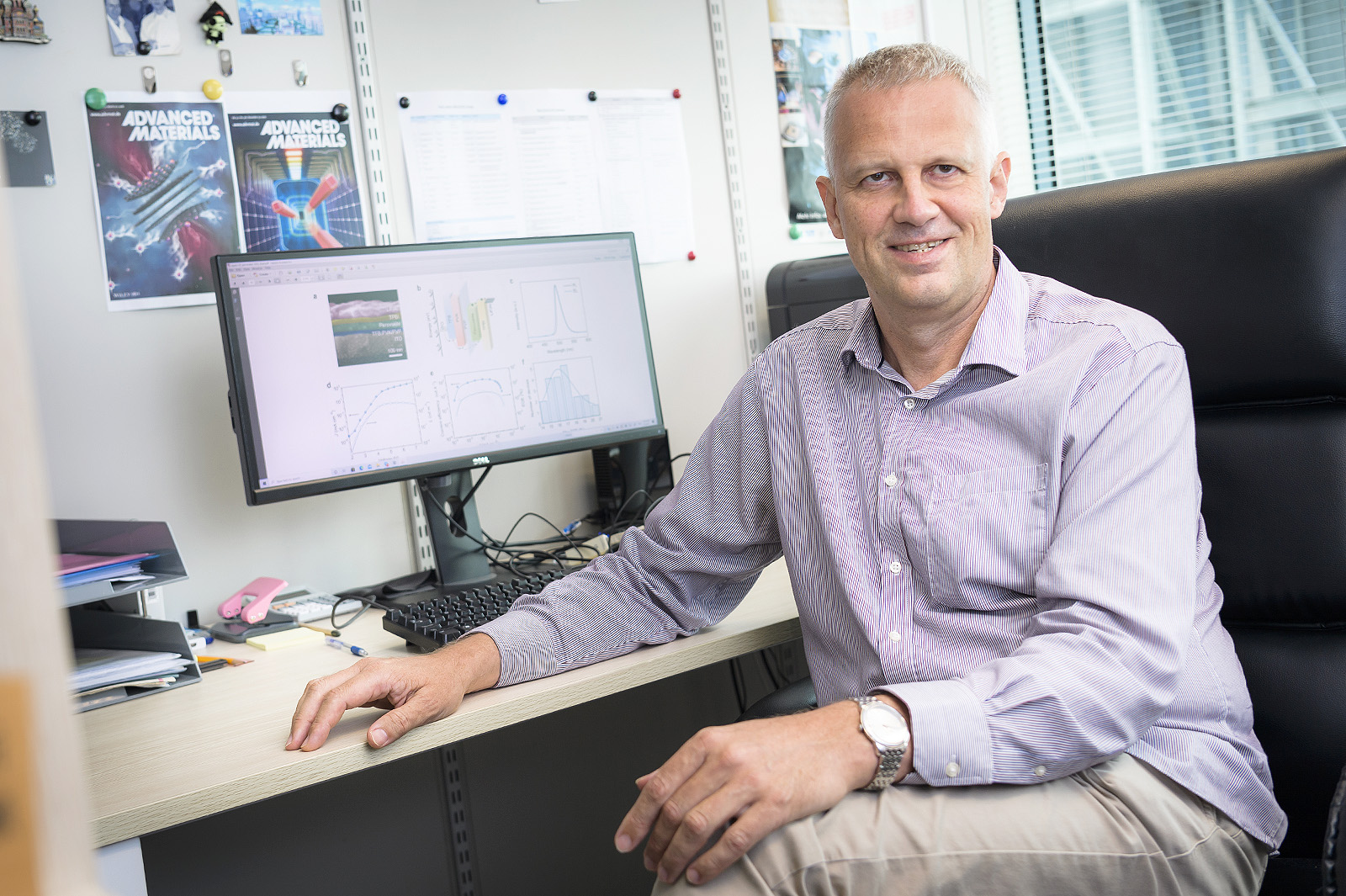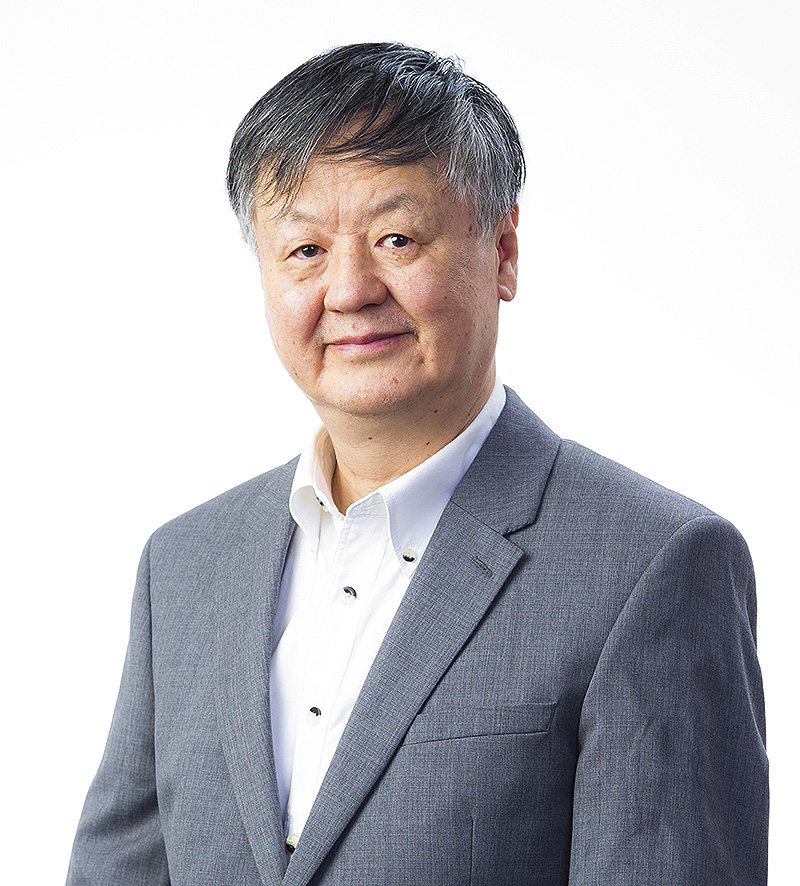Professor Andrey Rogach, Chair Professor of Department of Materials Science and Engineering, and Professor Wang Jun, Chair Professor of the School of Data Science and the Department of Computer Science at CityU, have been elected as Foreign Members of the Academia Europaea in 2021.


Both Professor Rogach and Professor Wang were listed among the top 2% of the world’s most highly cited scientists in 2020, according to metrics compiled by Stanford University, reflecting their continuously high academic standards and substantial influences in the world.
Joining CityU in 2009, Professor Rogach is currently Chair Professor of Photonics Materials in the Department of Materials Science and Engineering and Founding Director of the Centre for Functional Photonics (CFP) at CityU. His research focuses on the synthesis, assembly and optical spectroscopy of semiconductor and metal nanocrystals and their hybrid structures, and their use for energy-related and optoelectronic applications.


“I am privileged to be elected. As a member of the Academia Europaea, I have more opportunities to meet experts across the globe in the fields of chemistry, physics and other disciplines, which will be beneficial to my future research,” said Professor Rogach. “I can also contribute to research policies of the European Union”.
Professor Rogach has authored over 500 scientific publications, with an h-index of 108 from Web of Science and 121 from Google Scholar, and has been cited over 50,000 times, which ranks him as a Highly Cited Researcher by Clarivate Analytics in Cross-Field in 2018 and 2019, in Material Science in 2020, and 51st worldwide among “100 Top Materials Scientists Of The Past Decade” by Thomson Reuters in 2011.
Professor Rogach holds honorary appointments as Adjunct Professor at Trinity College Dublin, Ireland and the University of Electronic Science and Technology of China, Chengdu; Honorary Professor at Xi’An Jiaotong University, Jilin University, and Peking University Shenzhen Graduate School; and Visiting Professor at Nanyang Technological University of Singapore. He is a Fellow of the Electromagnetic Academy, US and has served as an associate editor of ACS Nano since 2011.
Professor Wang joined CityU in 2016. He is internationally recognised for his research excellence in computational intelligence, neural computation, optimisation methods, data processing and intelligent control. He has published about 260 journal papers, 15 book chapters, 11 edited books, and numerous conference papers in these areas. His current research interests include neural networks and their applications.


“I am deeply honoured to be recognised as a Foreign Member of this distinguished Academy, as a lot of Nobel Laureates, Wolf Prize and Fields Medal winners are among its members. I am looking forward to meeting other well-known scientists within Europe and all over the world,” said Professor Wang.
He has made significant contributions in the development of Institute of Electrical and Electronics Engineers (IEEE) since 1999. He was the editor-in-chief of IEEE Transactions on Cybernetics in 2014-2019, and has served on the editorial boards of IEEE Transactions on Neural Networks, IEEE Transactions on Cybernetics and its predecessor, and IEEE Transactions on Systems, Man, and Cybernetics – Part C. He was an organiser of the 2008 IEEE World Congress on Computational Intelligence, and Program Chair of the IEEE International Conference on Systems, Man, and Cybernetics in 2012.
In addition, he has served as President of Asia Pacific Neural Network Assembly (APNNA) and member of many organisations, including IEEE Fellow Committee. He is a Fellow of the IEEE and International Association of Pattern Recognition, and a recipient of IEEE Neural Network Pioneer Award, CAAI Wu Wenjun AI Achievement Award, IEEE Norbert Winer Award, etc.
Founded in 1988, Academia Europaea is a European, non-government association acting as an Academy. With around 4,500 members, its object is the advancement and propagation of excellence in scholarship in the humanities, law, the economic, social, and political sciences, mathematics, medicine, and all branches of natural and technological sciences for public benefit and the advancement of public education.






































